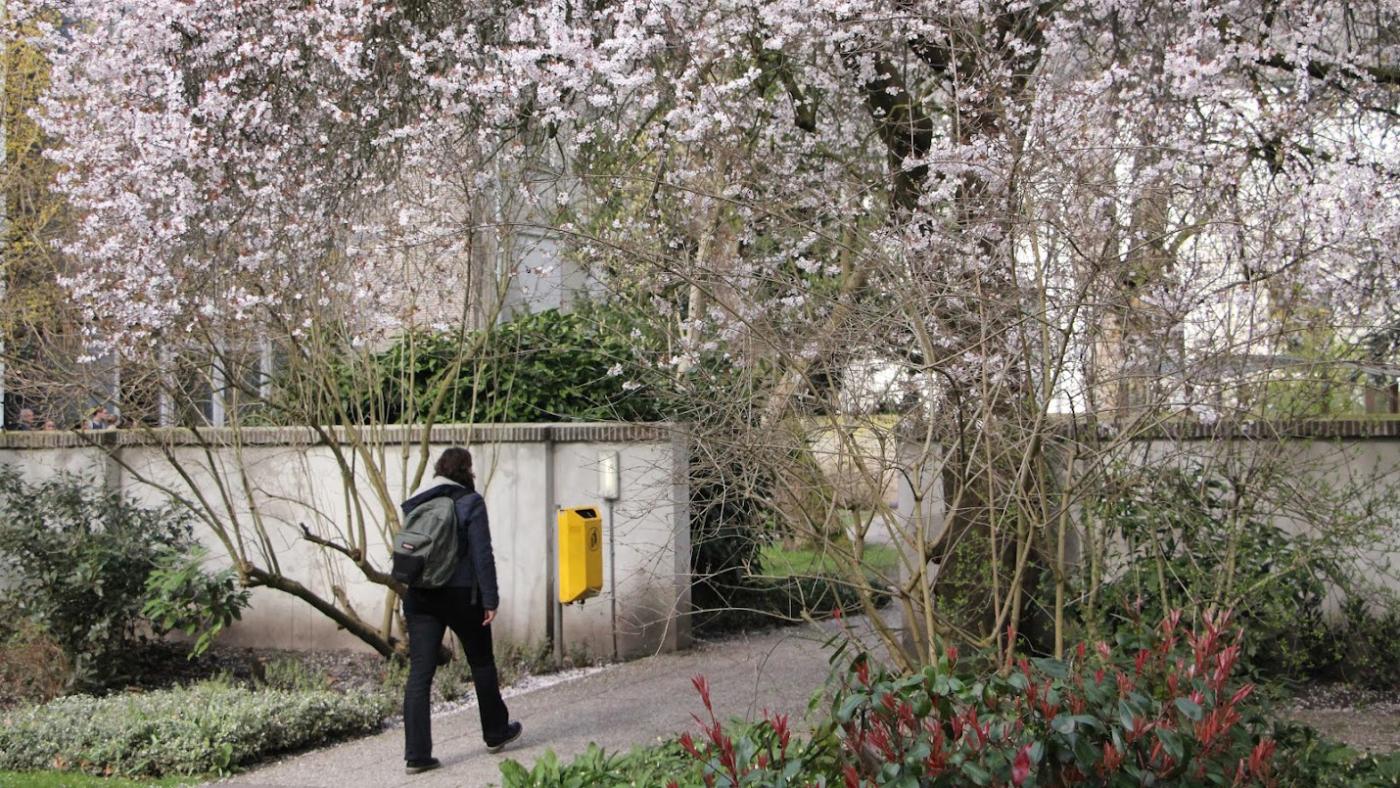Faculty council calls for safeguards
Curtain falls for Humanities programmes

The faculty board plans to soon ask the UU administration to remove the Celtic, French, German, Italian and Arabic & Islam programmes from the University Register of Programmes (URO). This will definitively seal the fate of the five programmes.
This autumn, Humanities announced that the closure of the programmes is an important part of a strict austerity and renewal plan. All programmes in the faculty and all courses must be able to attract at least 25 students from now on, is the starting point.
The faculty council has formal advisory rights on the URO decision. In discussions in recent months, members were highly critical of the intention to scrap the studies, perhaps also because the first version of the “transition plan” already stated that the faculty council's advice could not lead to a reconsideration of the decision.
At last Friday's meeting, cthe faculty council again asked critical questions of the faculty board. The advice will follow in writing later this week, but it is already clear that the council can now live with the faculty board's rationale.
Loss-making
For instance, they recently received a cost-benefit analysis of the training courses involved, something the faculty council had long requested. That analysis showed that most programmes are only about 60 per cent self-supporting.
Although chairman of the staff delegation Toine Minnaert said he had great difficulty in referring to training courses as “cost items”, the figures had given the faculty council more insight.
Playing in the background was the fact that eliminating the study programmes was a condition of the covenant with the UU administration under which the faculty would receive up to 9 million in support over the next three years.
Celtic disappointed
There also now seems to be more understanding and support for the substantive choice of larger and broader courses that will also work together more. The Faculty Board promises that the expertise of the staff of the programmes that are now disappearing will be given a place in the new set-up.
The council's stance led to disappointment among students and lecturers of the Celtic programme who attended the meeting. They complained that cost-benefit analyses of programmes that do remain might also lead to loss-making outcomes.
In addition, they believe that deans of other faculties have given their agreement to the abolition of the “unica course” in Celtic on the basis of promises and assumptions that the discipline of Celtic will remain visible to students and the expertise of lecturers will be retained. All this is yet to be fulfilled.
The council also let the Faculty Board know that it found it awkward that an advice had to be given now about discontinuing courses without it already being clear what exactly will replace them. Arabic & Islam will have a place in Religious Studies, Celtic probably in English, but the prospects for the three language programmes are still unclear. That should become clearer in the coming months. But there are more concerns and questions.
Concern over retention of expertise
Next September, the last batch of students can start. They can still complete the programme in full. In 2030, the studies will be shut down for good. The new broader programmes now being studied will not start until 2027.
The council points out that this will leave the various disciplines out of the shop window for a year. But they are particularly keen to know how the expertise of the teachers involved will be retained in new broader courses. They also wonder how the various disciplines will remain interesting and visible to students and new young researchers from 2027 onwards.
According to Toine Minnaert, in the short term, there are concerns about what will happen if the faculty does have to reorganise unexpectedly and thus possible forced redundancies. For the long term, the faculty council is concerned about the possibility of colleagues leaving because they have little faith in the future of their field in Utrecht. ‘Who will keep an eye on that preservation of expertise later if there is no more education?’
Concern about education quality
In addition, the faculty council is concerned about current students. Chair of the student section Matthijs Brinkhuis: "People say that nothing will change for the current students and that they can just finish their studies. That is factually true. But it's very different studying when you know your education will stop. That is a blow that hits hard. The faculty board will have to be aware of that and deal with it."
Dean Thomas Vaessens said he found the council members' concerns and comments justified and would take them seriously. The council will be closely involved in next steps, he promised.
During the meeting, he stressed several times that, in his opinion, shrinking study programmes only have a future in larger units. With regret, he noted how he has seen disciplines only get smaller over the past 30 years. "I see with great concern how sometimes we keep trying to maintain something, against the odds. But the number of students is decreasing and the staff is getting smaller. We have to come up with something. If we don't do that soon it will be over and out."